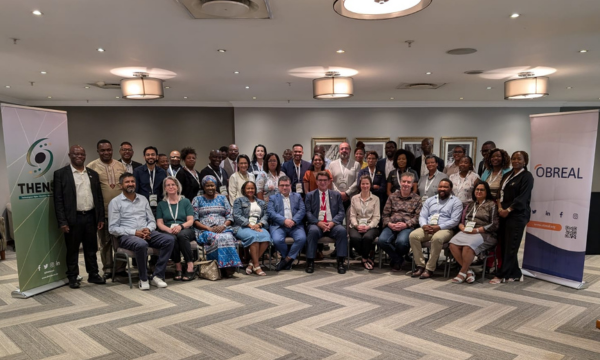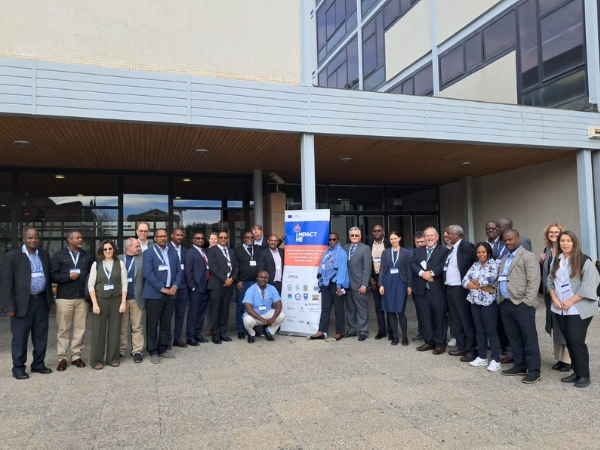On October 25, 26 and 27, a study visit of the DIGIGRAD Africa project took place in the Flemish region of Limburg. Hosted by Maastricht University and co-organised by the University of Applied Sciences Leuven (UCLL), it involved all African project partners with participants from South Sudan, Kenya, Burundi and Ghana.
The ANIE network (the African coordinators of the project) together with OBREAL (as co-coordinating organization) gave a boost to Work Package 2, consisting of refining, contextualizing, and articulating the digitalization strategies of Higher Education Institutions in Africa.
During the study visit, European universities showed their strategies in the international arena at different levels. The African partners then outlined the status of their strategies, sharing and comparing the current situation with each other. Each African University created a poster on self-assessment strategies, showcasing good practices and pointing out one or two main challenges to be addressed. From there, the first drafts of the SMART (Specific-Measurable-Attainable-Relevant-TimeBased) action plans were created with their respective indicators and the groundwork was laid for the peer review of the Action Plans.
Other points that began to be discussed in Maastricht were hybrid training aligned with these new strategies (which will be finalized at a face-to-face training event in Ghana next May 2024) and the development of the Handbook to guide those responsible for internationalization in African universities.
All this work is carried out in order to build institutional capacities for internationalization thanks to the integration of digitalization into the internationalization strategies of African universities. This is a necessary preliminary step to improve the training environment for African postgraduate students to stimulate their research careers.






